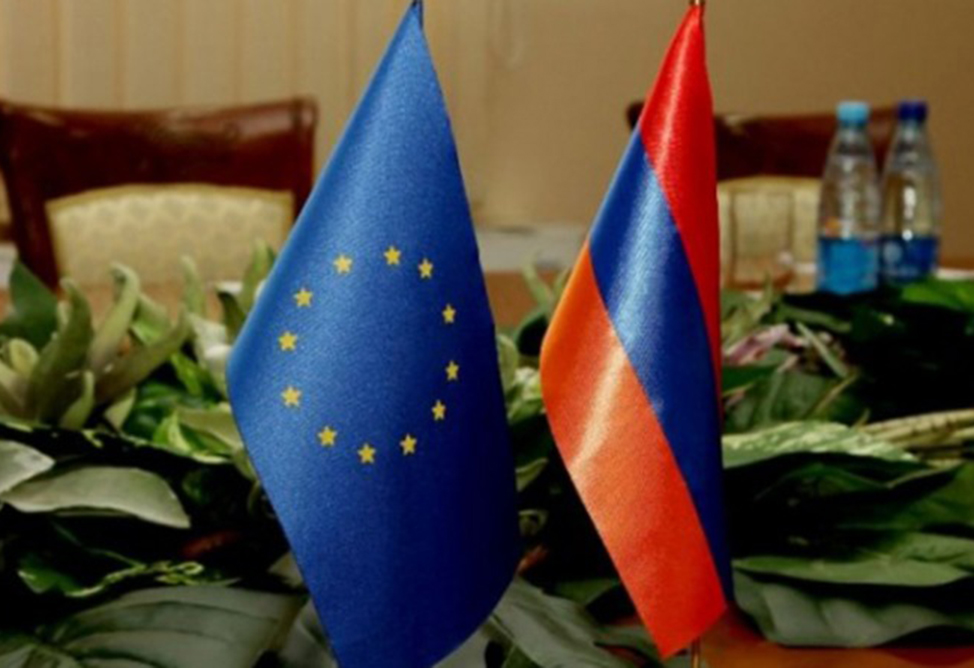Demonopolization to give strong impetus to economic growth in Armenia - EBRD
04.06.2018,
11:33
Francis Malige, Managing Director for Eastern Europe and the Caucasus at the European Bank for Reconstruction and Development (EBRD), said in an interview with Azatutyun Radio that there are many monopolies in Armenia’s economy and that demonopolization will give a powerful impetus to the country’s economic growth.

YEREVAN, June 4. /ARKA/. Francis Malige, Managing Director for Eastern Europe and the Caucasus at the European Bank for Reconstruction and Development (EBRD), said in an interview with Azatutyun Radio that there are many monopolies in Armenia’s economy and that demonopolization will give a powerful impetus to the country’s economic growth.
In his words, he has repeatedly discussed the matter with former Armenian authorities, but received a broadly worded answer from them – they have said that this is a complicated issue.
Francis Malige that monopoly means that people have to pay more - monopolies give excess profits to their owners and impose additional expenses on others.
As a result, people prefer to migrate, he said in his interview.
Malige said that after the velvet revolution investors from Armenian communities worldwide showed their interest in Armenia’s economy again.
As a whole, he said, it is still early to speak what effect it will have on the country’s economy, but the peaceful handover of power was a significant event – the entire world watched Armenia.
Malige called the peaceful change of power as an achievement that shows the Armenian society and democratic institutions’ maturity.
People who speak about struggle against corruption and demonopolization have appeared, and it is interesting to see what actions will follow this.
On April 23, Serzh Sargsyan, who was appointed by the Armenian parliament as prime minister amid widespread disaffection for him, resigned under the pressure of mass protests against his premiership.
On the same day, Armen Sarkissian, Armenian president accepted the government’s resignation.
On May 8, the National Assembly elected Nikol Pashinyan as prime minister by a majority of votes - 59 MPs voted for him and 42 voted against him. --0---
In his words, he has repeatedly discussed the matter with former Armenian authorities, but received a broadly worded answer from them – they have said that this is a complicated issue.
Francis Malige that monopoly means that people have to pay more - monopolies give excess profits to their owners and impose additional expenses on others.
As a result, people prefer to migrate, he said in his interview.
Malige said that after the velvet revolution investors from Armenian communities worldwide showed their interest in Armenia’s economy again.
As a whole, he said, it is still early to speak what effect it will have on the country’s economy, but the peaceful handover of power was a significant event – the entire world watched Armenia.
Malige called the peaceful change of power as an achievement that shows the Armenian society and democratic institutions’ maturity.
People who speak about struggle against corruption and demonopolization have appeared, and it is interesting to see what actions will follow this.
On April 23, Serzh Sargsyan, who was appointed by the Armenian parliament as prime minister amid widespread disaffection for him, resigned under the pressure of mass protests against his premiership.
On the same day, Armen Sarkissian, Armenian president accepted the government’s resignation.
On May 8, the National Assembly elected Nikol Pashinyan as prime minister by a majority of votes - 59 MPs voted for him and 42 voted against him. --0---



